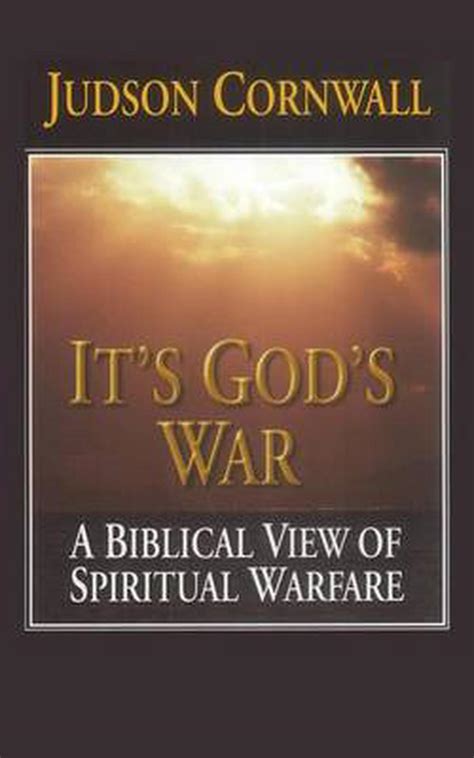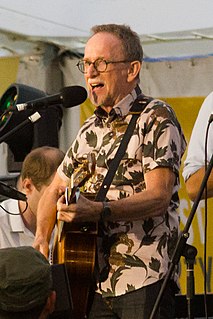A Quote by Pope Francis
Religious freedom certainly means the right to worship God, individually and in community, as our consciences dictate. But religious liberty, by its nature, transcends places of worship and the private sphere of individuals and families.
Related Quotes
The lessons of religious toleration - a toleration which recognizes complete liberty of human thought, liberty of conscience - is one which, by precept and example, must be inculcated in the hearts and minds of all Americans if the institutions of our democracy are to be maintained and perpetuated. We must recognize the fundamental rights of man. There can be no true national life in our democracy unless we give unqualified recognition to freedom of religious worship and freedom of education.
I do believe that people of all religions have a right to build edifices or structures or places of religious worship or study where the community allows them to do it under zoning laws and that sort of thing, and that we don't want to turn an act of hate against us by extremists into an act of intolerance for people of religious faith.
To worship God 'in spirit and in truth' is first and foremost a way of saying that we must worship God by means of Christ. In him the reality has dawned and the shadows are being swept away (Hebrews 8:13). Christian worship is new covenant worship; it is gospel-inspired worship; it is Christ-centered worship; it is cross-focused worship.
It is the duty of all men in society, publicly, and at stated seasons, to worship the SUPREME BEING, the great Creator and Preserver of the universe. And no subject shall be hurt, molested, or restrained, in his person, liberty, or estate, for worshipping GOD in the manner most agreeable to the dictates of his own conscience; or for his religious profession or sentiments; provided he doth not disturb the public peace, or obstruct others in their religious worship.
Religious liberty is misunderstood. It simply means that the Founders said that everyone in America should have the freedom to practice and exercise their religion. Not to believe it but to exercise our beliefs - to act on our beliefs. It's not about believing privately in your head, privately in that building, or simply about freedom of worship.
Worship is yet another paradox of the religious life: it is simultaneously the greatest duty and the greatest pleasure of faith. Worship is the act of truly loving God. Believe in this brilliant Being, this magnificent "higher power," who not only created us but nurtures us with care and intelligence beyond our imagination, and obviously we are called to worship Him.
Houses of worship can be the heart of a community. They can be the cradle of a family. They can be places where our children go to learn, not just faith, but to make friends. They build connections. They are essential to a healthy America. And every community deserves the right to have those houses of worship operate in safety and peace.
Worship is not music. We can certainly worship Him without musicians and without a song. And by the way, God does not actually seek worship. The Word tells us that He seeks worshippers. He's not looking for those who make the most beautiful music. He's looking for those who worship in spirit ... and in truth. Music is only one of the ways that he has ordained for us to express our worship. Yet too many worship leaders today spend more time honing their craft and planning / rehearsing their worship sets, than they spend on their face, alone in worship.
We can expect God to provide everything necessary to make worship possible. We children of God must ever be dependent upon God, for we have no resources of our own. We are as impoverished in worship times as a baby unable to provide its own bottle at feeding time. God, the object of our worship, also becomes the inspiration of that worship. He has imparted His own Spirit into our hearts to energize that worship. All that is due Him comes from Him. His glorious Person evokes admiration for and honor of Him, as He imparts His nature into me.
Worship in truth is worship that arises out of an actual encounter with God, a response to the experience of knowing God's real presence and activity in our daily lives. This has nothing to do with sentiment, thinking religious thoughts or having aesthetic experiences in church buildings; any religion can give you that sort of thing.
Your constitution guarantees to every citizen, even the humblest, the enjoyment of life, liberty, and property. It promises to all, religious freedom, the right to all to worship God beneath their own vine and fig tree, according to the dictates of their conscience. It guarantees to all the citizens of the several states the right to become citizens of any one of the states, and to enjoy all the rights and immunities of the citizens of the state of his adoption.
My god is all gods in one. When I see a beautiful sunset, I worship the god of Nature; when I see a hidden action brought to light, I worship the god of Truth; when I see a bad man punished and a good man go free, I worship the god of Justice; when I see a penitent forgiven, I worship the god of Mercy.




































